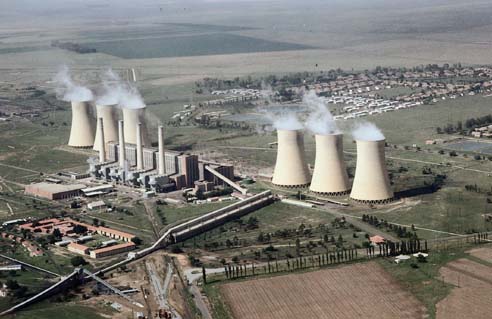A new report released Monday shows that the proposed Lamu coal plant in Kenya,would be a costly mistake that is likely to cost taxpayers more than US$9 billion.
The report dubbed The Proposed Lamu Coal Plant: The Wrong Choice for Kenya, reveals that even if the plant never generates any power Kenya will still have to pay for it.
The study commissioned by the Institute for Energy Economics and Financial Analysis (IEEFA) examines how the Lamu project was intended to replace the country’s aging diesel-fired generation and strengthen baseload capacity but factors, such as lower-than-projected demand and higher costs for imported coal, have rendered the plan obsolete.
“This project would lead to excess generating capacity in Kenya and sharply increase electricity rates for consumers,” said IEEFA director of resource planning analysis David Schlissel, who wrote the report. “The original assumptions that justified the project, no longer apply.”
Related:Carbon emissions grew 2 percent in 2018-BP report
First proposed in 2015, the Lamu plant is scheduled to enter commercial service in 2024 at an initial cost of US$2 billion.
It is being built by Amu Power Company Limited, a single-purpose entity, 51 percent owned by Centum Investments, a Kenyan investment firm, with the remainder held by Gulf Energy.
The construction contract for the plant was awarded to Power Construction Corporation of China in 2016.
The plant would slow the development of readily available, clean and increasingly low-cost geothermal, wind and solar resources.
Schlissel says that Kenya could leverage its abundant renewable resources to enhance its energy portfolio.
“Building this facility would burden consumers with costly power for years to come,” said Schlissel. “In addition, the project would make it difficult, if not impossible, for Kenya to meet its obligations under the Paris Agreement on climate change.”
“The construction contract for the plant was awarded to Power Construction Corporation of China in 2016.However, construction has not yet started, and there is ample justification to cancel the entire project,” he said.
Read ALso:

